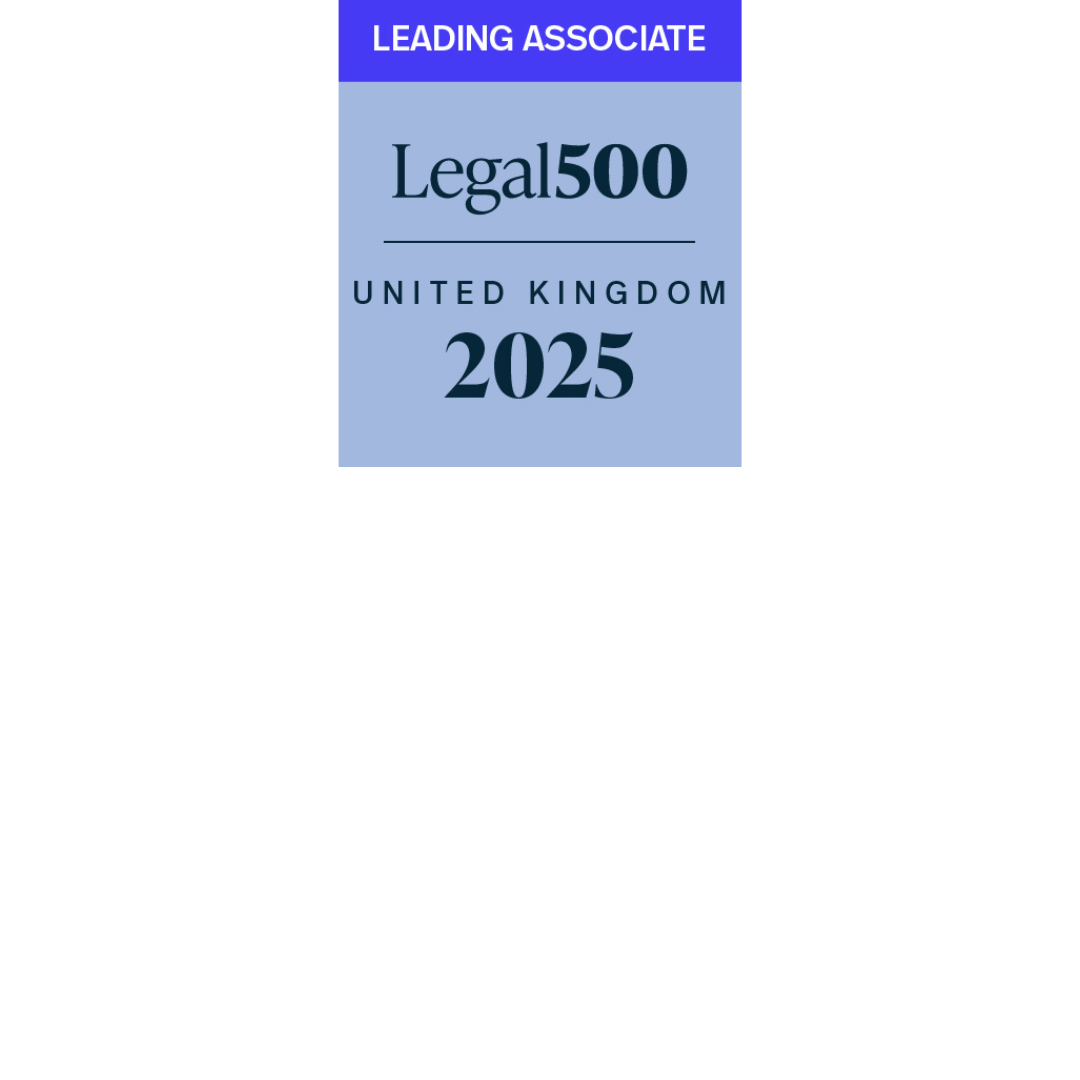
FAQs
It’s likely you’ll be able to find the answer in our FAQs which cover all of our services. You can filter questions by service area or search for a relevant word or phrase.
Unable to find an answer? Contact us on 0330 123 1229, or complete a contact form and a member of our team will be happy to help.
HR and Employment
I have an employee who has been sick whilst on leave, can they get the holiday back?
If an employee falls ill before a pre-planned holiday, or during that holiday, they are legally entitled to re-schedule that holiday and to take it later. Employers should set out how the employee must report such absence within their holiday/ sickness policies.
HR and Employment
How do I calculate holiday pay?
Holiday pay should be calculated on an employee’s normal rate of pay. This should include their basic pay, together with payments intrinsically linked to their role. Current caselaw shows that this will normally include guaranteed and compulsory overtime, commission, bonuses related to performance, and other allowances, such as shift allowances. The rules are complex and advice on your own circumstances is essential to ensure you do not overpay or underpay holiday entitlement.
Medical Prescription Error Claims | Medical Negligence
What is the time limit for medical negligence claims?
The time limit for medical negligence claims is typically 3 years from the date of the negligence. But a patient often does not know that there has been a problem with their care until much later. Therefore, in medical negligence claims the 3 year limitation period starts running from when you first became aware or had reason to suspect that there might have been a problem with your care.
If you are bringing a claim on behalf of a loved one who has died, then you have 3 years from the date that they died to bring a claim.
The time limits are different if you are a child, or if you do not have mental capacity, so if in doubt, please contact us to check.
Medical Prescription Error Claims | Medical Negligence
How much can you claim for medical negligence?
There is no set figure for how much a claim is worth. Things that affect the value are considerations like how long you have suffered avoidable pain and symptoms for, whether you have incurred any out of pocket losses and expenses such as loss of earnings, and whether you will continue to have avoidable symptoms and/or need avoidable treatment in the future beyond the end of the claim. All of these things are different for every person, so the value of each claim differs too. For that reason the service we offer to our clients is totally bespoke and we tailor our approach to the claim based on the facts of your case rather than a ‘one-size-fits-all’ approach.
Medical Prescription Error Claims
What is the most common cause of medication errors?
There is no one cause, but the majority of these claims usually relate to human error whether it be the wrong dose, the wrong drug or the wrong person’s medication given to a patient.
Medical Prescription Error Claims
What is considered a medication (med) error?
An error with a patient’s medication typically refers to either the wrong type of medication being dispensed, or the right medication in the wrong dosage. The effects of this range from extremely minor through to loss of life.
Medical Prescription Error Claims
How to report medication errors?
If you suspect that there has been an error with your medication you should report it to the dispensing pharmacy and your GP, whether you have taken any of the medication or not. They will then fully investigate the incident and provide any treatment to you that might be required to minimise any adverse effects of the misprescribed medication. If you have been the victim of a medication error then please get in touch so we can discuss the unique circumstances of your case and advise you on the best course of action.
Medical Prescription Error Claims
How many medication errors occur each year?
A recent study showed there are more than 200 million medication errors each year.
Some will have resulted in no untoward side effects, but others will have made patients very ill, costing valuable NHS resources that would otherwise have been avoided. Not to mention the avoidable impact it has on the patients themselves.
















